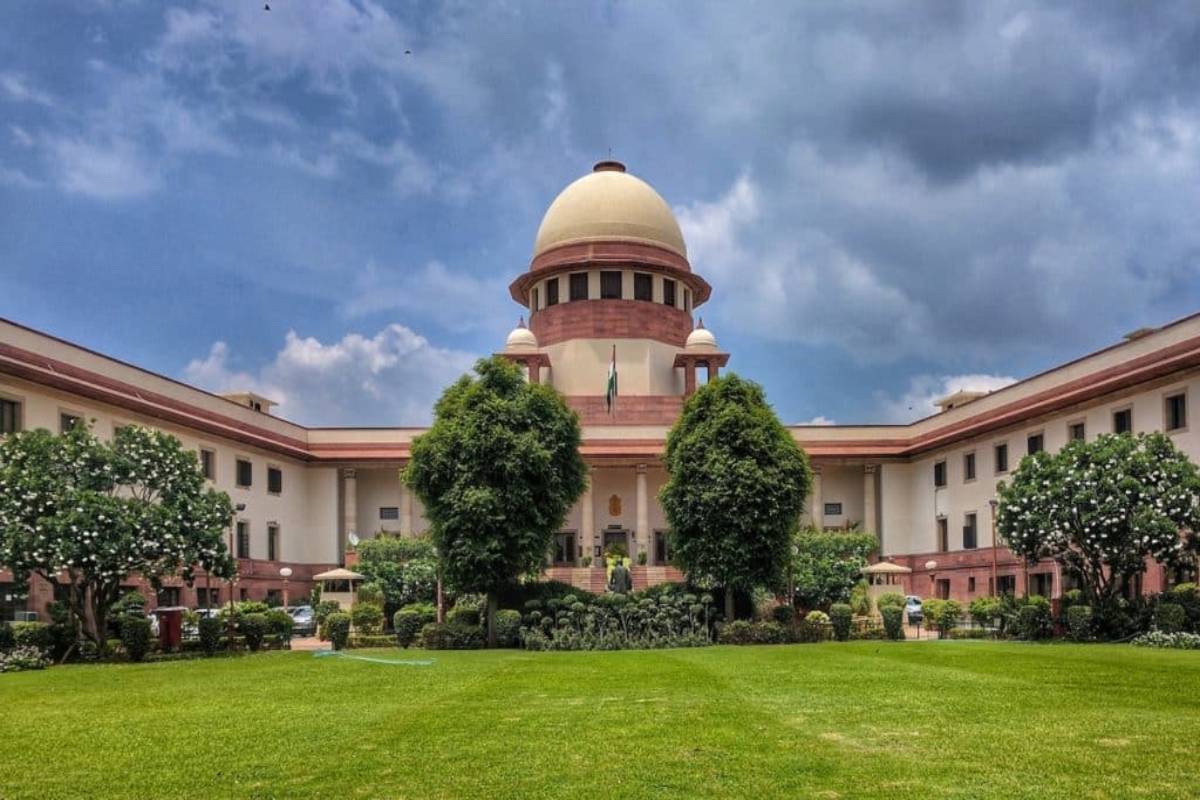Cabinet increases minimum support price for raw jute by Rs 315
The Union Cabinet has increased the minimum support price (MSP) for raw jute by Rs 315, setting it at Rs 5,650 per quintal for the 2025-26 marketing season.
The Law Commission of India is a non-statutory body, constituted by the government, from time to time. It was originally constituted in 1955. The tenure of the present commission ended on 20 February.

File Photo
The Union Cabinet, chaired by Prime Minister Narendra Modi, on Wednesday approved the extension of the term of the 22nd Law Commission of India up to 31 August 2024.
The Law Commission of India is a non-statutory body, constituted by the government, from time to time. It was originally constituted in 1955. The tenure of the present commission ended on 20 February.
Advertisement
Various law commissions have been able to make important contributions towards the progressive development and codification of the law of the country. The Law Commission has so far submitted 277 reports.
Advertisement
The chairperson and members of the 22nd Law Commission have joined the office recently and taken up several pending projects for examination and report, being the work in progress. Therefore, the tenure of the 22nd Law Commission has been extended up to 31 August. It will consist of the same composition, which is: a full-time chairperson; four full-time members (including member-secretary), secretary, Department of Legal Affairs as an ex-officio member; secretary, Legislative Department as ex officio member; and not more than five part-time members.
The Law Commission during its extended term shall continue to discharge its existing responsibility, as bestowed upon it by order dated 21 February 2020, which, among other things, includes:
–identification of laws that are no longer relevant and recommending the repeal of obsolete and unnecessary enactments;
–suggesting enactment of new legislations as may be necessary to implement the Directive Principles and to attain the objectives set out in the Preamble of the Constitution;
–considering and conveying to the Government its views on any subject relating to law and judicial administration that may be specifically referred to it by the Government through the Ministry of Law & Justice (Department of Legal Affairs);
–considering the requests for providing research to any foreign countries as may be referred to it by the Government through the Ministry of Law & Justice (Department of Legal Affairs);
–preparing and submitting to the central government, from time to time, reports on all issues, matters, studies and research undertaken by it and recommending such reports for effective measures to be taken by the Union or any State; and
–performing such other functions as may be assigned to it by the central government from time to time.
Advertisement